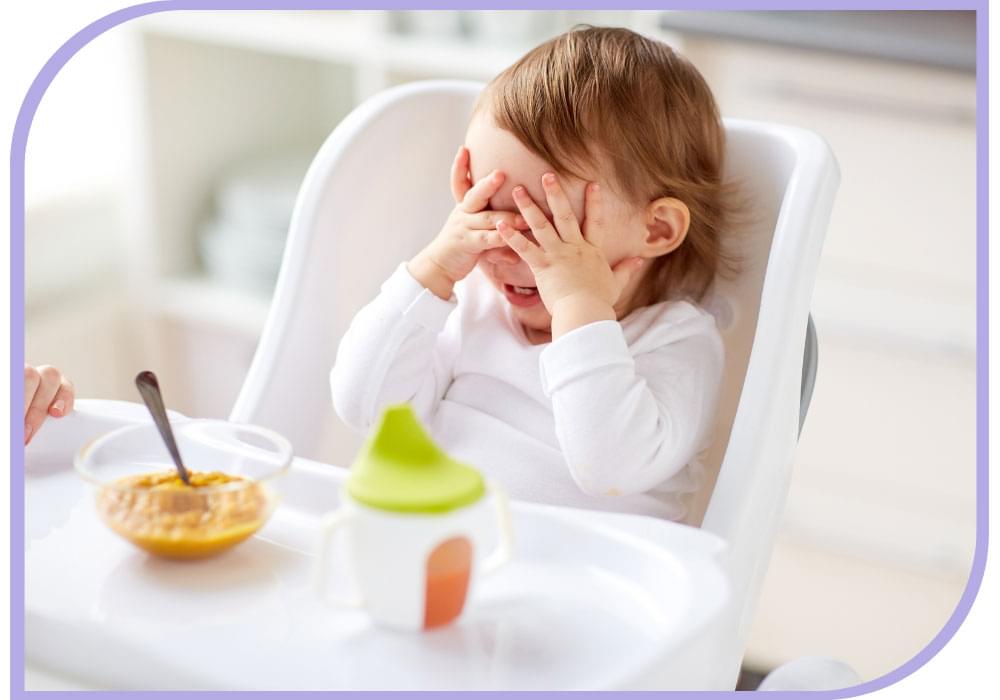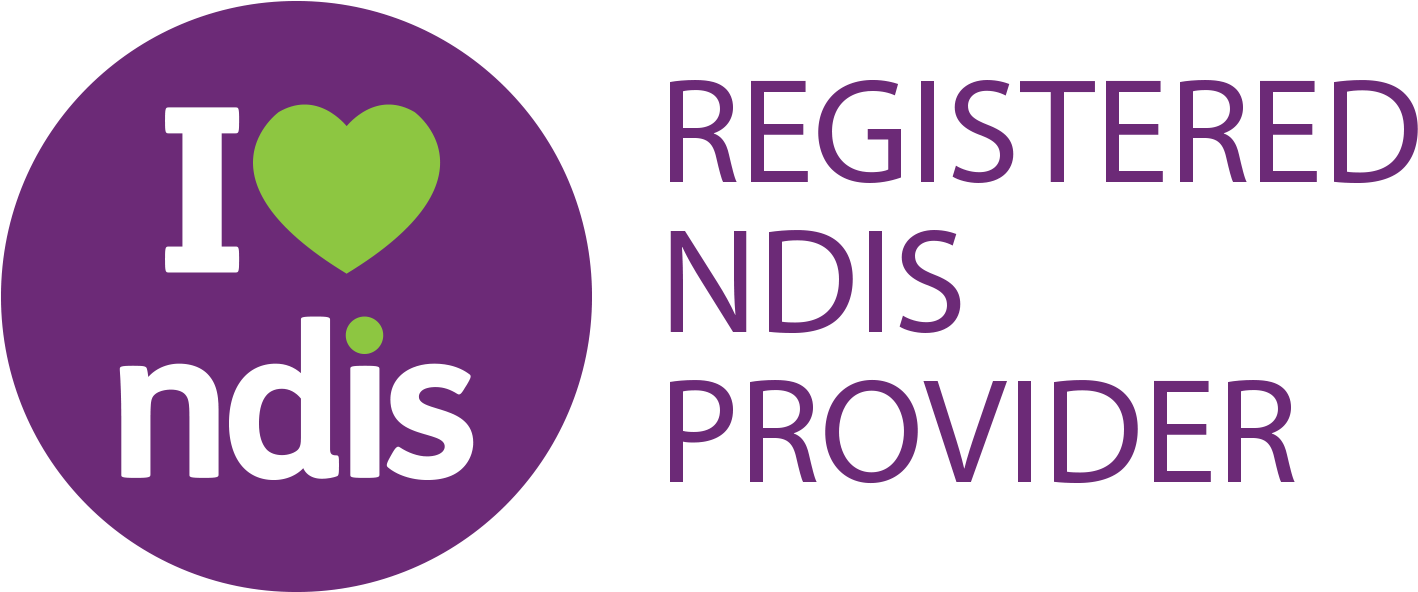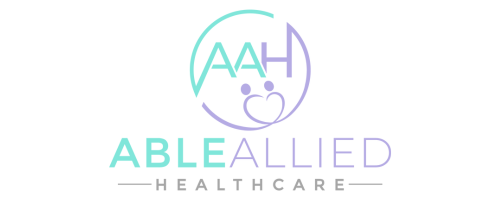Does my child need feeding therapy?
Most children will go through a fussy eating stage as a part of normal development, which generally occurs between 18 months and 3 years of age. However, some children don’t ‘grow out’ of this stage and are referred to as ‘problem feeders’, and require help from a feeding therapist.

Fussy eaters may:

Problem eaters may:
How can our clinic help?
The aim of feeding therapy is to reduce the stress and anxiety that children and parents feel about eating and mealtimes, and give them the confidence to explore new foods and enjoy meals together.
Our therapy approaches focus on creating a low-pressure mealtime routine and environment, improving eating and chewing skills, and helping children to overcome their fears of different food types and textures.
Our speech pathologists and occupational therapists are trained in a variety of complementary approaches including Sequential Oral Sensory (SOS), AEIOU and the Beckman Oral Motor protocol.
Financial support for accessing speech pathology and occupational therapy services can be provided by:


